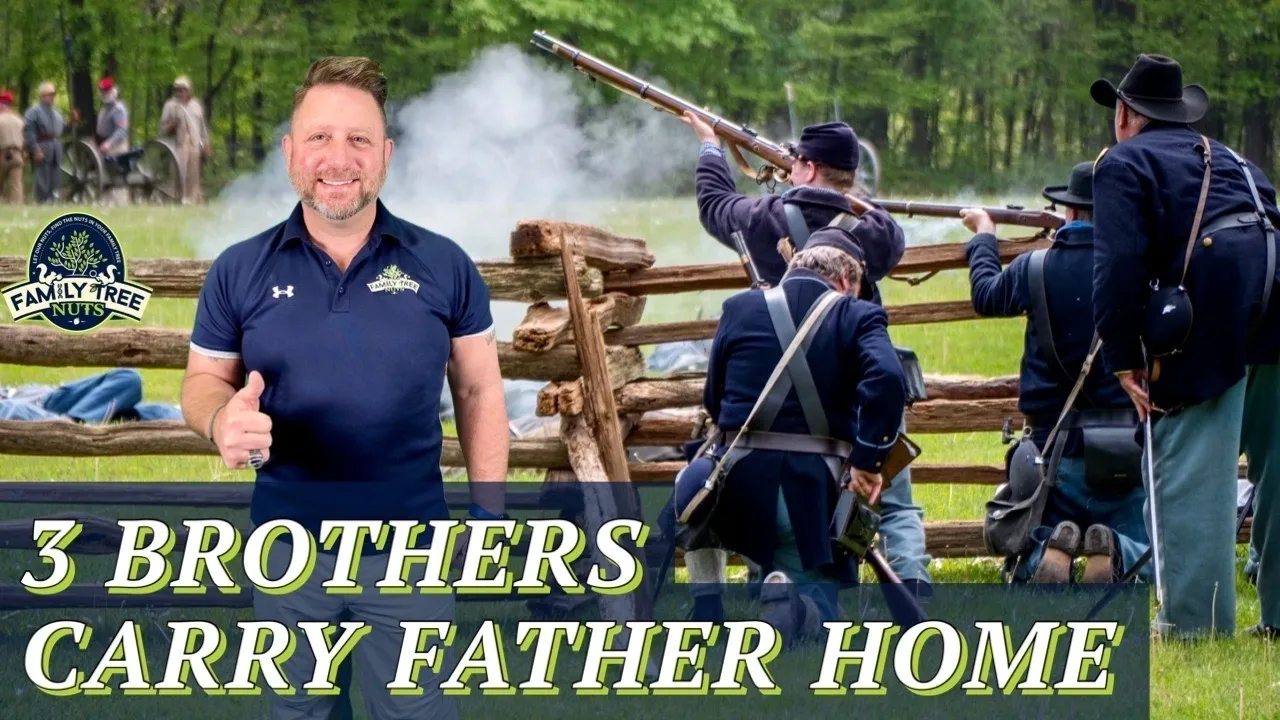
3 BROTHERS CARRY FATHER HOME FROM CIVIL WAR
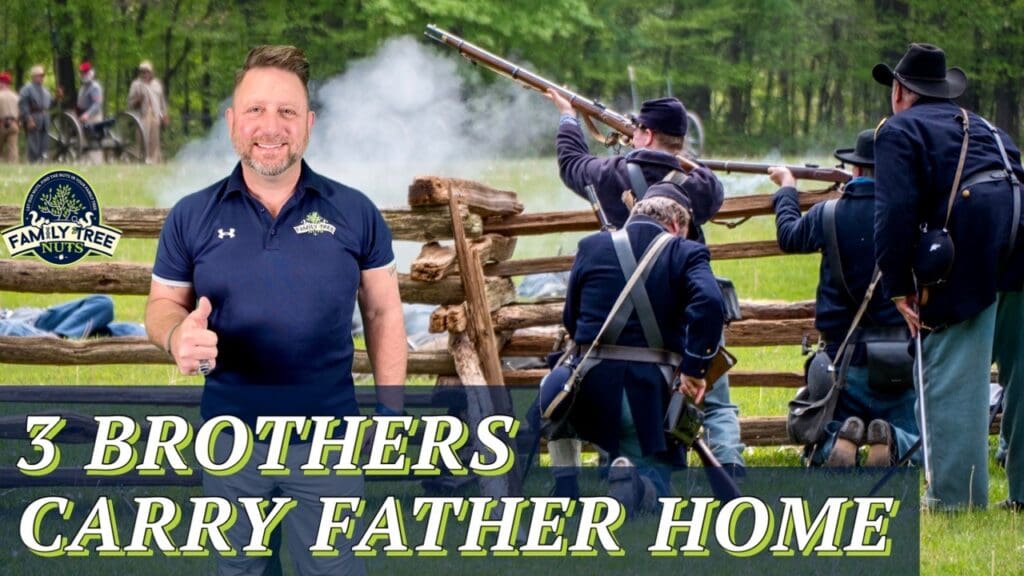
The Civil War had begun just a few months earlier. He was forty-nine years old when he and his three sons, the youngest being only 15, rode into town and enlisted in the Union Army. They all ended up in one of the biggest battles of the Civil War. Shortly after that battle, the father became injured, and all four of them deserted to carry their father back home. The rest of the story is filled with imprisonment, court martials, forfeitures, promotions, bloody battles, a dishonorable discharge, and redemption.
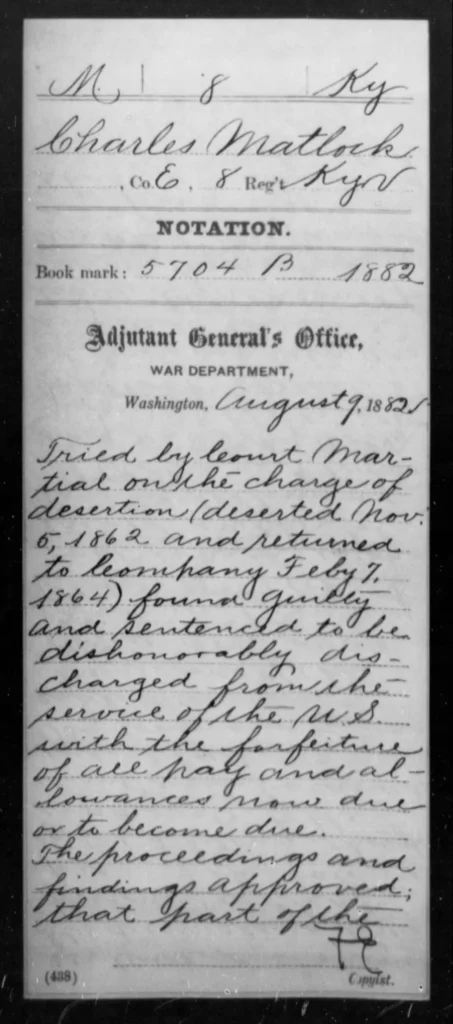
Recently I was building a family tree for a client and I found this wild story about her 2nd and 3rd Great-Grandfathers. The more that I discovered about them, the more I knew that I wanted to share their story with all of you.
The Matlock family was just like a large majority of our ancestors, simple farmers with family all around them. They lived in rural Knox County, in Southeastern Kentucky, and in many ways somewhat sheltered from many of the politics that were tearing the country apart. One has to wonder the motivation for a man that was almost 50, to grab his three sons and head off to war.
It’s possible that they were staunch patriots and couldn’t bear the thought of the nation being ripped apart. Perhaps they had fallen on hard times and joined for economic reasons. Perhaps they had heard the stories of their grandfathers getting land grants for their service during the Revolutionary War, and the War of 1812, and they didn’t want to miss the opportunity. Perhaps they had gotten swept up in the excitement and buzz sweeping the country. Most thought the war would be over in a matter of months, and they probably didn’t want to be one of the few in the community that sat on the sidelines. You will soon see that they ended up getting much more than they could have possibly expected.
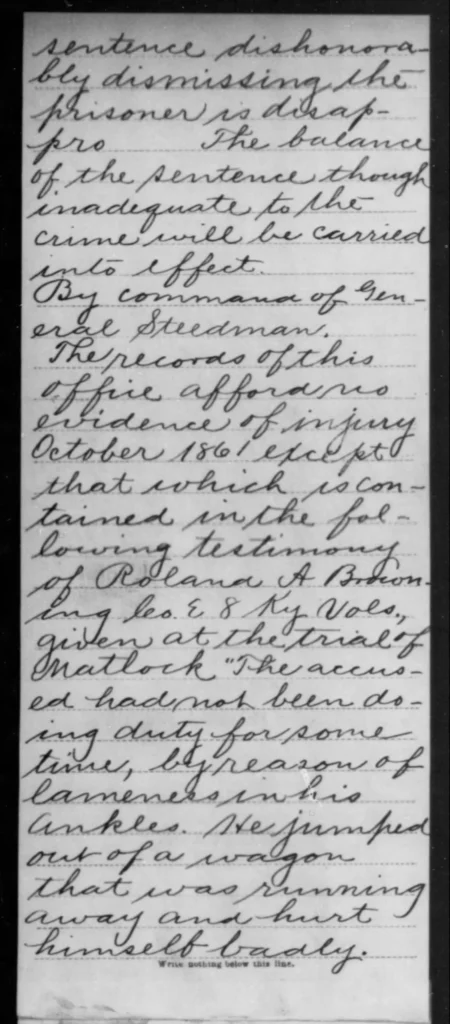
Charles Matlock and his three sons, James, age 24, Nelson Preston, age 17, and William, age 15, rode into Barbourville, Knox County, Kentucky, and enlisted for three years as Privates, in Company A, 8th Kentucky Infantry of the Union Army, on 2 September 1861. A month later they were mustered in for training at Camp Dick Robinson, in Garrard County, Kentucky.
The four men were present together with their unit for over a year, and served duty in Estill Springs, and Lebanon, Kentucky. Then were sent to Nashville, then Murfreesboro, Wartrace, and Tullahoma, Tennessee. By the summer of 1862 they fell under General William “Bull” Nelson and marched to Louisville, Kentucky in pursuit of General Braxton Bragg. At some point, Charles was sick and spent a short time in the hospital in Murfreesboro. Then they were sent to Russellville, and Glasgow. The four men fought together at the epic Battle of Perryville, on 8 October 1862.
Over the next few weeks, they fought in a few more skirmishes but at some point in the middle of October, Charles, the father jumped out of a moving wagon. When he landed he busted both of his ankles and slammed his head on the ground. He was examined by the army surgeon who instructed him to do what he could and gave him permission to ride in wagons. We know what happened next, but we don’t know why. Charles obviously couldn’t continue to fight with the unit.
They were getting sent to Nashville, which had a large army hospital, and I’m sure that is where Charles was going to be heading. Perhaps the family had made a pact to always stick together? At any rate, on 5 November 1862, all four men deserted the army from Glasgow, Kentucky, and carried their injured father approximately one hundred and fifty miles to their home. Wow, let that scene sink in minute.
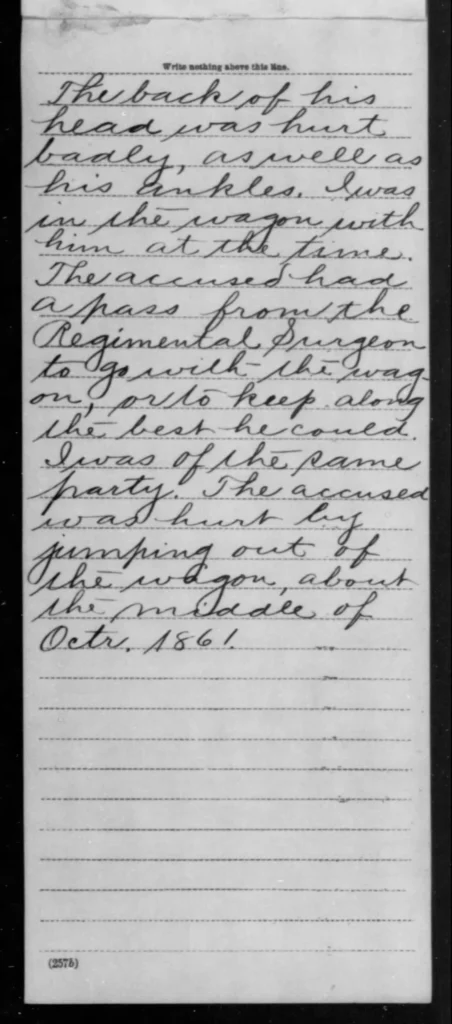
It is unknown how long it took them to get home, and I’m sure that the journey was full of adventure and stories that they long talked about. Once the sons returned their father home safely, they returned to their unit on 26 December 1862, which was at the time was in Nashville. They had been gone for fifty days. From here, each of the brothers story varies a bit.
We know a bit more of the story of the youngest brother William, who was only 15 at the time that he enlisted, and who is also the 2ndgreat-grandfather of our client. Upon returning to their unit, it is said that the brothers were fined their pay while he was gone, an additional two weeks’ pay, and one months tobacco ration. He was present with his unit until he was mustered out.
James, who was the oldest was clearly the leader, and was promoted to Corporal just a few weeks after the brothers returned. He was present with his unit except for a five-month stint where he was sick at the hospital in McMinnville, Tennessee.
Nelson Preston the middle brother, along with William, was present with his unit until the end of their service.
All three brothers upon returning from taking their father home were assigned to Company E, still in the 8th Kentucky Infantry. All three of them took part in the Battle of Stones River, and the Tullahoma Campaign. James ended up in the hospital and missed the remainder of the battles that his brothers fought in. William and Nelson Preston went on to fight in the Battle of Chickamauga, where seventy-nine men in their unit were killed. Next they fought in Chattanooga Campaign, and then Battle of Lookout Mountain, where their unit was the first to reach the crest and run up the stars and stripes. Finally, they fought in the Battle of Missionary Ridge.
They began the march on Atlanta but were sent back to guard the railroads in Chattanooga. Upon getting out of the hospital, James rejoined his unit and the three brothers served duty in the Chattanooga area until they were mustered out with their unit on 17 November 1864.
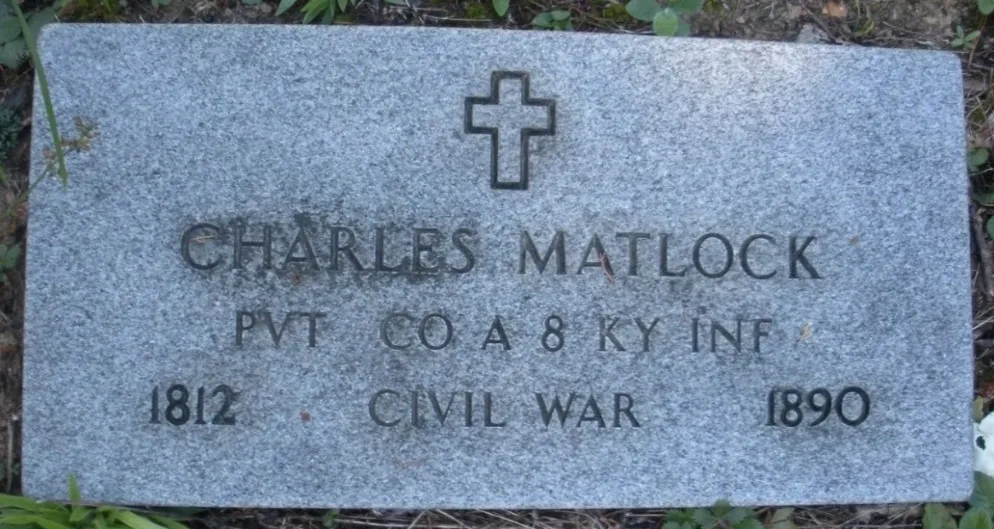
We last talked about Charles when he deserted, and was helped home by his sons, but his story was far from over. About a year later, he must have recuperated enough and felt comfortable returning to his unit. He headed out to Chattanooga to link back up with them, but on 23 January 1864, he was arrested by a bounty hunter in Knoxville. He was returned to his unit on 7 February and held in confinement until he could be court martialed. It was a very eventful time during the war and his court martial wasn’t held until five months later.
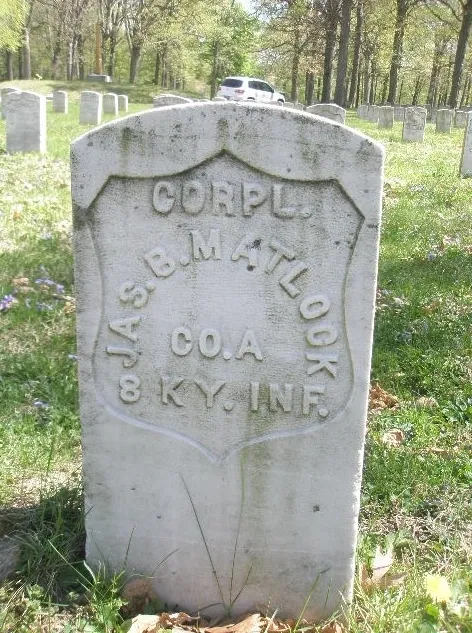
On 16 July 1864, at Ooltewah, outside of Chattanooga, Tennessee, Charles was court martialed, found guilty, and given the harsh sentence of a dishonorable discharge. It was the middle of the war, and the army just couldn’t let men desert and go home, even if they did have a good reason like being injured. Now, even this wasn’t the end of the story. There must have been more details and good reasons for Charles to desert and go home because later he was awarded a veterans pension for his service. Usually, men had to apply to have their desertion status overturned in order to receive a pension. I’ve seen many of these and almost always they are denied. Charles’ was apparently approved, and he received soldiers benefits until he died, in 1892.
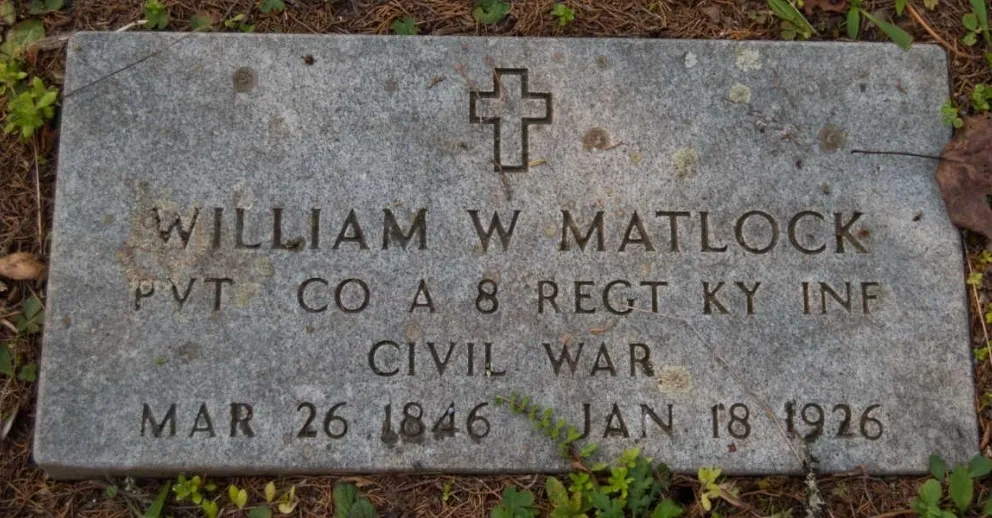
Wow, now we know the amazing Civil War story of this family. What are your thoughts? Were you shocked by this story? How would it affect you if you discovered a story like this about your ancestors? I’d love to hear what you have to say in the comments below. And I wonder what stories like this could be hiding in your family tree.
When we discover stories about our ancestors, especially like this one, history becomes tremendously more real. The events and locations that we read about or drive by, begin to have a different impact on us and we are bestowed with a deeper enlightened understanding. Discovering and preserving stories like this is a passion of ours and we are proud to discover this one, share it with their descendants, and all of you. Be sure to see the video below about this story.
– Col. Russ Carson, Jr., Founder, Family Tree Nuts
